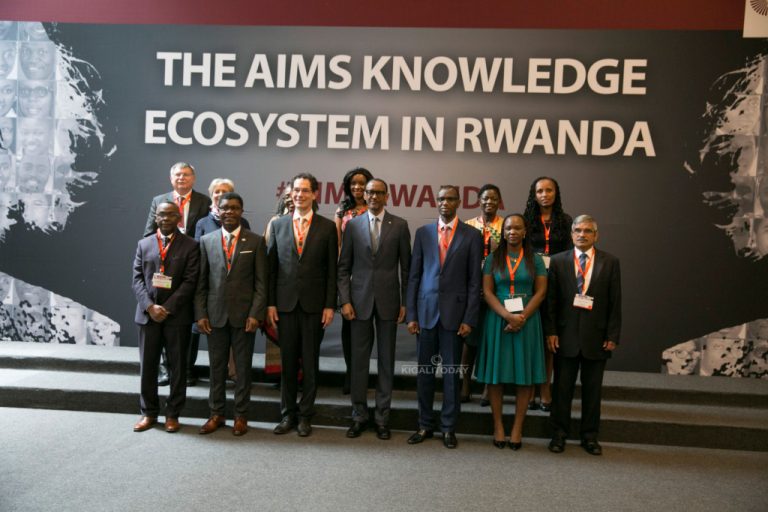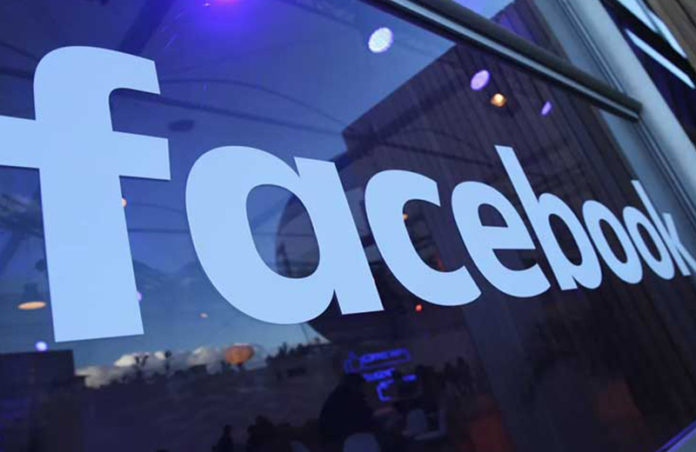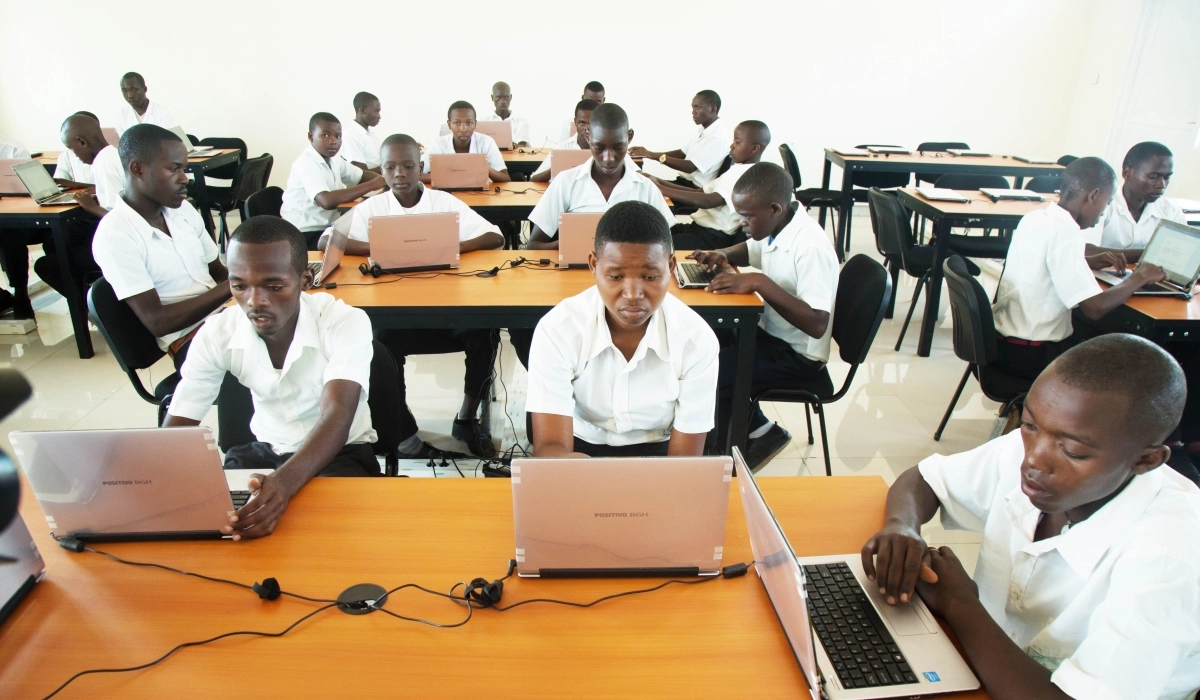How Nerdy Eye founder Samuel Linus is using AI for disrupting the EdTech industry

Artificial Intelligence (A.I.) has disrupted multiple industries since it entered the mainstream tech ecosystem. Inventive A.I think ChatGPT is a useful tool that we may utilize in our daily lives. What role will artificial intelligence play in education, in particular, has been a question raised by many.
Let’s examine the EdTech projects being developed by tech founder Samuel Linus in order to provide an answer to this query.
The creator of Nerdy Eye, a tech community that helps people gain tech skills or make the shift to tech, is Samuel Linus. They understand from his expertise in the EdTech industry that learners will choose to take courses from creators who have a vibrant community over those who don’t.
Because of this, the majority of trainers or course developers would like to provide a community-driven course but do not have a platform for that particular usage. As instructors or course designers, they see two main issues.
First of all, there is a problem with the way coaches deliver community-driven online courses. The majority of coaches will have to host their communities on many platforms, such as Discord, Telegram, and WhatsApp, and their courses on one, which ultimately doesn’t work.
Second, students, particularly those learning online, desire a community-driven learning environment where they can ask questions and engage in peer-to-peer learning, but they are unable to get it with Telegram, WhatsApp, or a standard learning management system.
In order to address this issue, Samuel Linus and his co-founder Franklin Emmanuel are developing Allies, an AI-powered EdTech platform that enables coaches or course developers to provide community-driven online courses and bootcamps with an AI assistant.
Using artificial intelligence (AI) to power the solution is crucial because it will improve the overall learning process, help course makers manage their community by serving as an assistant community manager, create course sales pages, and match students with accountability partners.
Course creators can use A.I. to generate descriptive aspects of their courses, such as overviews, sales pages, and landing pages. Additionally, A.I. will be able to act as an assistant community manager, answer questions from students, and pair students up so that they don’t learn in isolation but instead enjoy peer-to-peer learning experiences.
Speaking on artificial intelligence and educational technology, Samuel Linus predicts that in a few years, AI will be able to produce video course materials. A. Even if I will be our instructor in the future, humans will always require a society in order to develop and learn.
Let A open.I’m producing an A-rated video right now.Google is developing a product named Sora for Veo. Most people believe that this technology will only be utilized in movies, advertisements, or other motion pictures, but in the future, A.I’ll be able to create video tutorials in any subject, including design and programming.
We are excited about the potential effect of the work Samuel Linus and his colleagues are doing with Allies. It will assist instructors in using artificial intelligence (AI) to provide community-driven online courses and boot camps.
“In the future, generative A.I will do what it knows how to do best, generate amazing contents while humans will remain a social being that will always be part of a community. That future is what we are optimizing for,” Samuel Linus said.







